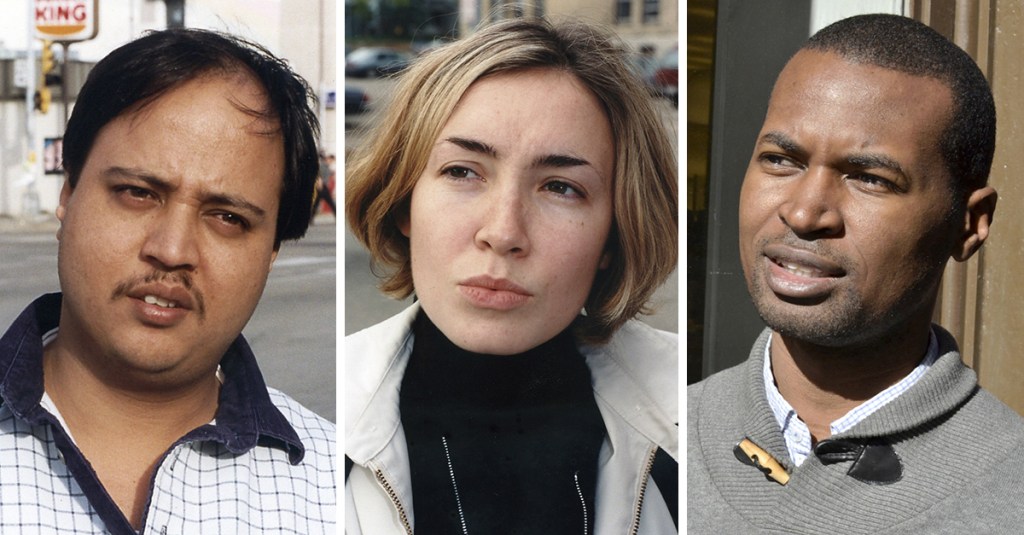PRINCETON, NJ—Princeton University researchers who undertook a five-year study to determine the effects of prolonged dichlorobenzene exposure on children concluded Monday that five years is “one seriously long-ass time.”
“In June 1993, we began this study in an effort to find a link between artificially high levels of environmental dichlorobenzene and an assortment of birth defects and childhood ailments,” team leader Dr. Darren Bellisle said. “What we wound up discovering is that five years is too damn long to spend on some stupid study.”
Among the other notable findings in the 350-page report: that none of the researchers would ever have those years back again; that many of the researchers’ friends had established lucrative private-sector careers, gotten married and started families; and that extreme irritability, nausea, vomiting and loss of appetite would result if any of the researchers ever heard the word “dichlorobenzene” again.
“After five years of exhaustive research, I have concluded that some things in this world are more important than learning about the effects of prolonged exposure to dichlorobenzene,” team member Dr. Alex Williamson said. “My kids are almost grown now, and I wasn’t even there to see it happen.”
Added Williamson: “Who’s president now? Do people still go to the movies and listen to music and fall in love? I wouldn’t know, as I have had my head in a petri dish for the last five years.”
According to Williamson’s wife Judith, who plans to file for divorce this week, a direct link exists between dichlorobenzene and her husband’s inability to spend quality time with his family and maybe even take his wife someplace nice every once in a while. She characterized her findings as “conclusive.”
Despite the Princeton researchers’ misgivings, they have earned high praise from their colleagues in the scientific community.
“This study is a real breakthrough,” said Jennifer Hoyer, chief of pediatric research at Johns Hopkins University. “I myself have been involved in a one-year electromagnetic-radiation study and a three-year fetal-tissue-development study, projects which were damn long and goddamn long, respectively. But this landmark work will inspire a whole new generation of scientific researchers to say, ’Fuck it—it’s just not worth it.’”






